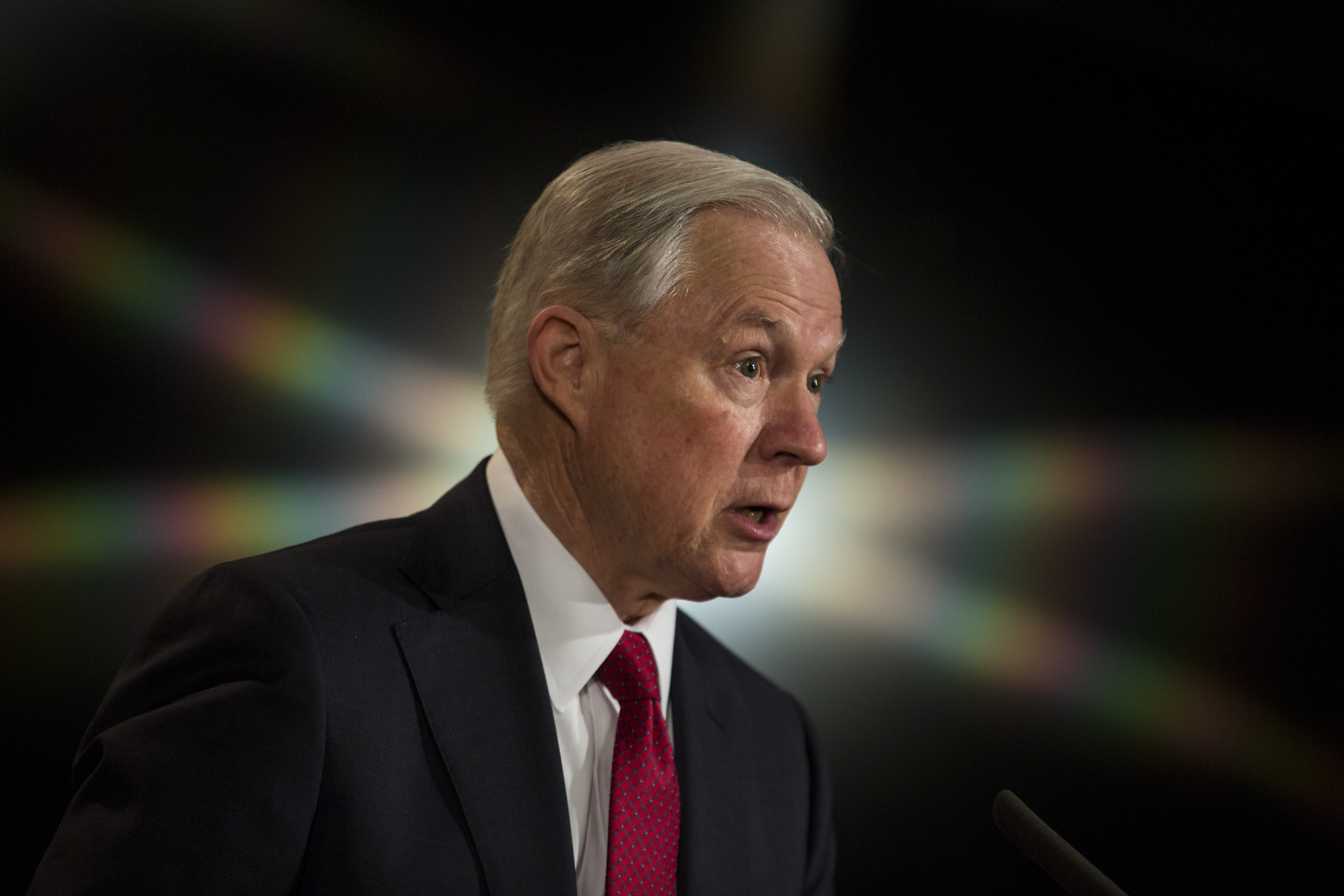
During his confirmation hearing, Attorney General Jeff Sessions did not disclose previous contact with Russian ambassador Sergey Kislyak, leading to Sessions’ recusing himself from the Russia investigation. However, according to U.S. intelligence intercepts, Sessions and Kislyak discussed issues related to the Trump campaign during their meeting, which Sessions steadfastly denied doing at the time of his recusal.
According to U.S. intelligence officials, Kislyak reported to his superiors that he and Sessions — then one of Trump’s top foreign policy advisors — had two separate conversations. One before Trump’s first major foreign policy speech at the Mayflower Hotel in Washington and the other during the Republican National Convention in Cleveland about “policy issues important to Moscow” and other campaign-related topics. Sessions had previously said that he met with Kislyak only as a U.S. Senator, not a representative of the Trump campaign, and did not “recall” anything about the campaign being discussed in either meeting.
In June, former FBI director James Comey said he had information that would have made it “problematic” for Sessions to continue overseeing the Russia investigation, but could not elaborate further in a public forum.
President Trump blasted Sessions earlier this week about his recusal from the Russia investigation and said he would never have nominated him for Attorney General if he had known Sessions would step aside, leading some to predict Sessions would soon be fired as he has given no indication that he intends to resign.
The intelligence intercepts the Washington Post used as sources for this story came from Kislyak’s report, officials emphasized. They “acknowledged that the Russian ambassador could have mischaracterized or exaggerated the nature of his interactions.” That type of misdirection is fairly common in intelligence work, officials said. However, according to those same U.S. intelligence officials, Kislyak has a reputation for “accurately relaying details about his interactions with officials in Washington.”
“Obviously I cannot comment on the reliability of what anonymous sources describe in a wholly uncorroborated intelligence intercept that the Washington Post has not seen and that has not been provided to me,” said Sarah Isgur Flores, a Justice Department spokeswoman in a statement.
(Via Washington Post)
